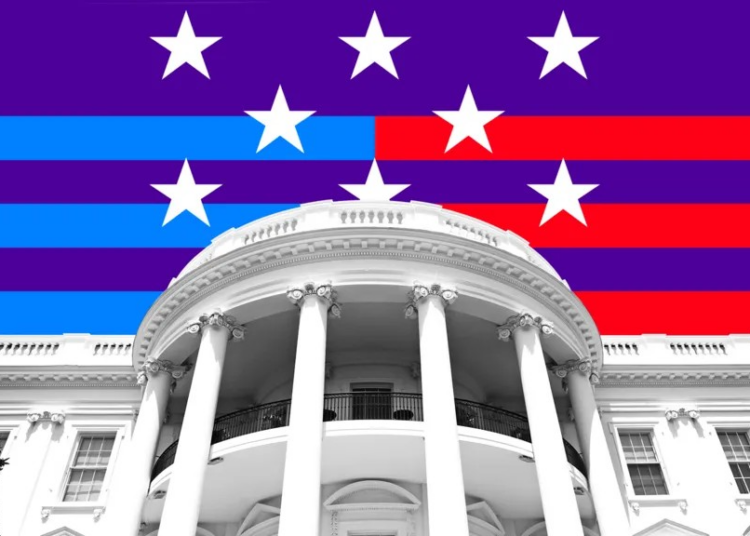The race for the offices of President and Vice President of the United States is unlike that of any other country in the world.
The majority of US citizens may vote for a candidate, but whoever becomes President depends on when the majority of the Electoral College votes are counted.
This implies that while a candidate campaigns for votes from the American population, he or she must also strive to win that of the Electoral College, which has the final say.
Five candidates in the country’s history have become president without winning the popular vote.
Hereunder is everything you need to know about how the United States Presidential Elections are won and lost:
What is the Electoral College and how does it work?
The Electoral College is the process by which Americans elect their president and vice president indirectly through their state’s electors or representatives.
According to the National Archives, the Founding Fathers saw the Electoral College as a middle ground between giving the decision to Congress or a direct vote by citizens.
They maintained that it keeps less populous states from being underrepresented by discouraging candidates from campaigning disproportionately in urban centres that are more heavily populated.
The Electoral College consists of 538 electors. Out of the 538 majority, a candidate must secure 270 electoral votes to win the US Election.
Each candidate running for President has a group of electors known as a slate.
The slates are generally chosen by the candidate’s political party but State laws vary on how the electors are selected and what their responsibilities are.
Before the general election, states select slates of electors. After voters cast their ballots this Tuesday, the candidate who wins the popular vote determines which slate of electors whether Republican, Democrat, or a third party will cast electoral votes in the Electoral College for the president.
Electors will meet in their respective states in mid-December to cast their votes for the President.
The meeting takes place on the first Tuesday after the second Wednesday in December, which falls on December 17 this year.
Most States have a “winner-takes-all” system that awards all electors to the presidential candidate who wins the State’s popular vote. However, Maine and Nebraska each have a variation of “proportional representation.”
Each State’s electoral votes are counted in a joint session of Congress on January 6 in the year following the meeting of the electors. Members of the House and Senate meet in the House Chamber to conduct the official count of electoral votes. The Vice President of the United States, as President of the Senate, presides over the count in a strictly ministerial manner and announces the results of the vote. The President of the Senate then declares which persons, if any, have been elected President and Vice President of the United States.
What’s the history of the Electoral College?
Though the ‘Electoral College’ does not appear in the nation’s historic document, the word “electors” does, the National Archives noted.
America’s Founding Fathers established the Electoral College in the Constitution in 1787.
The Electoral College was established in Article II of the Constitution and could be repealed by the amendment of the constitution, but that’s a difficult road.
Amendments require a two-thirds majority vote in both Houses of Congress and ratification by three-fourths of the states, or 38 of the current 50 States.
The ratification of the 12th Amendment in 1804 altered certain rules governing the Electoral College, including the requirement for separate electoral votes for the president and vice president. Later, the 23rd Amendment, ratified in 1961, granted the District of Columbia three electoral votes.
Out of the 58 presidential elections in the history of the United States, 53 of the winners took both the Electoral College and the popular vote.
In five incredibly close elections including those for two of the past three presidential elections, the winner of the Electoral College was in fact the loser of the popular vote, they include John Quincy Adams in 1824, Rutherford B. Hayes in 1876, Benjamin Harrison in 1888, George W. Bush in 2000, and Donald Trump in 2016.





